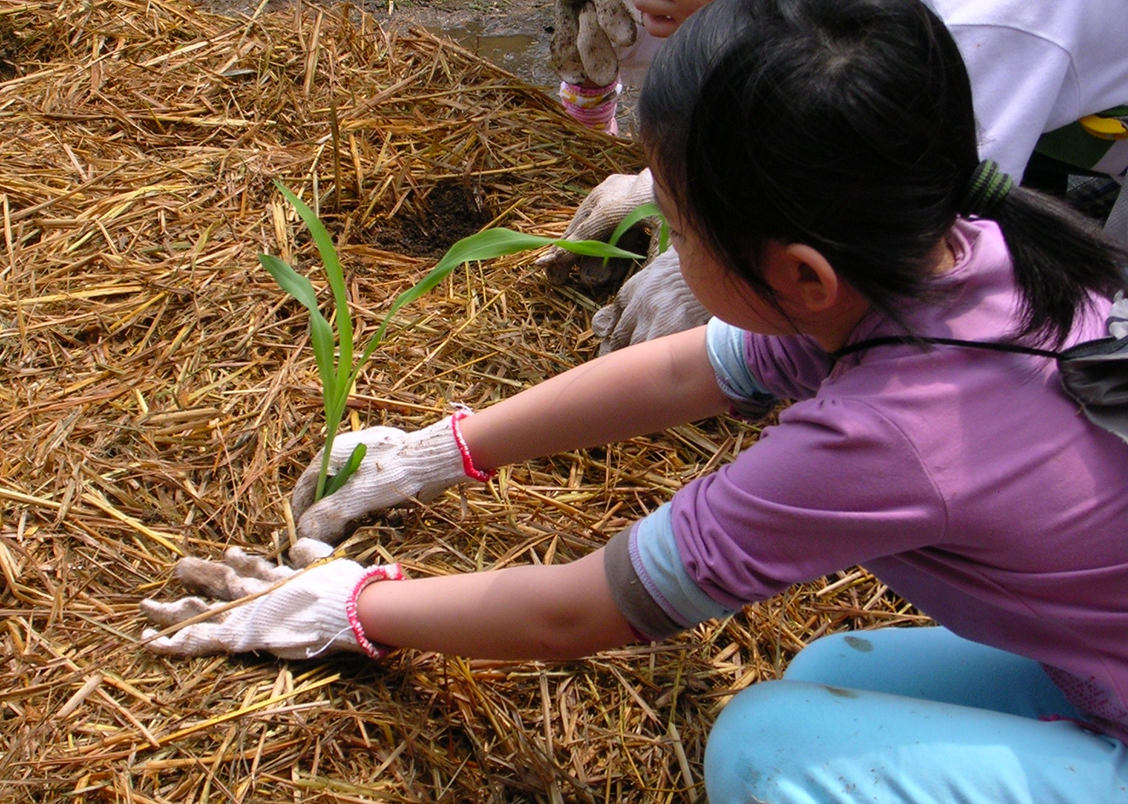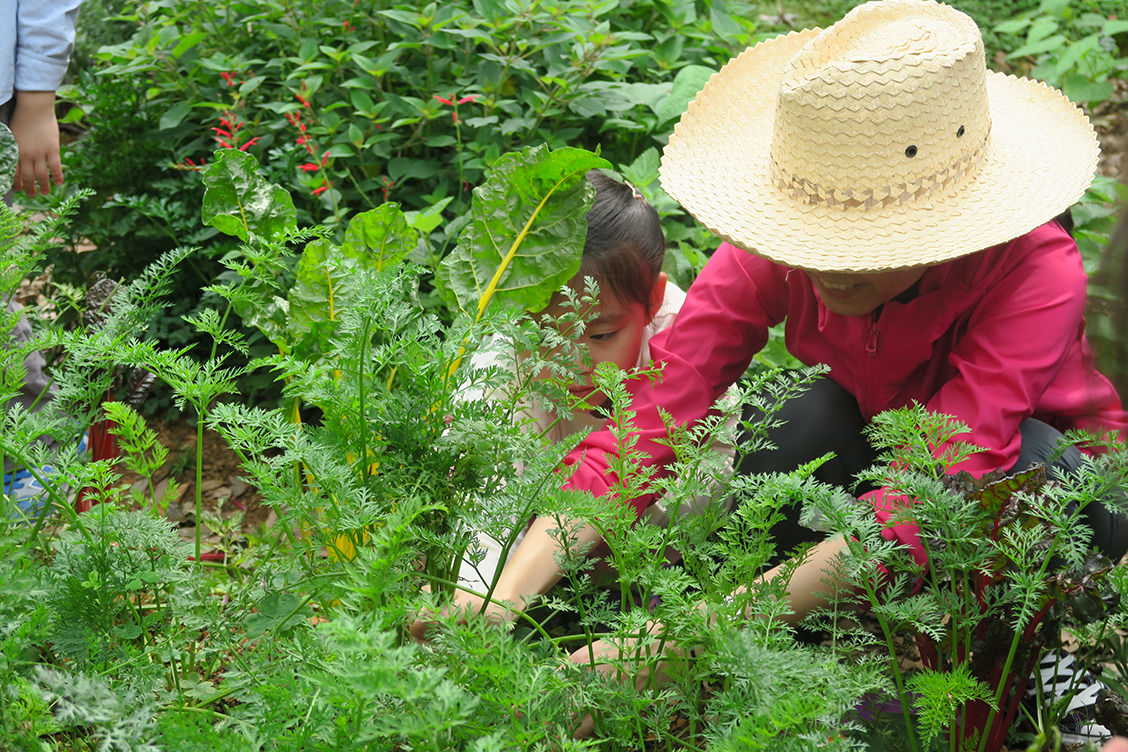

The Regenerative Agriculture Department (RAD) was established in 2023. To support the KFBG Mission and inherit KFBG tradition of agricultural demonstration and promotion, RAD establish programmes to address the root causes of the environmental crisis.
RAD has enhanced the ecological integrity of KFBG’s farmland by improving farming practices, crop diversification and gradually transformed the once mono-cropped orchards to agroforest systems. Apart from composting operation, our organic recovery potential has been much enhanced after the introduction of constructed wetland wastewater treatment system in 2009 and a full of deep-litter-bedding system in poultry operation since 2010. These operating models, together with other action research projects such as aquaponics, edible gardening, community farming and bee-keeping, have created new education resource to support RAD’s development of multiplier training and educational displays in recent years for capacity building.
RAD also creates platforms, such as the Central Farmers Market and Community Supported Agriculture schemes, to bridge community collaboration for the growth of sustainable food systems in Hong Kong. Every year, different types of agricultural training courses are held to enhance the various skills to the public and partners in regenerative agriculture.RAD also creates platforms, such as the Central Farmers Market and Community Supported Agriculture schemes, to bridge community collaboration for the growth of sustainable food systems in Hong Kong. Every year, different types of agricultural training courses are held to enhance the various skills to the public and partners in regenerative agriculture.

The five key department roles:
- Conduct active research, demonstrate and promote regenerative agriculture models and practices
- Operation of resource recovery systems to enhance sustainability of KFBG
- Build local capacity for regenerative agriculture through multiplier training and collaborative projects
- Carry out projects to facilitate community collaboration to promote growth of sustainable food systems and sustainable living initiatives
- Concern and assist local agricultural development, and preserve high-quality farmland

